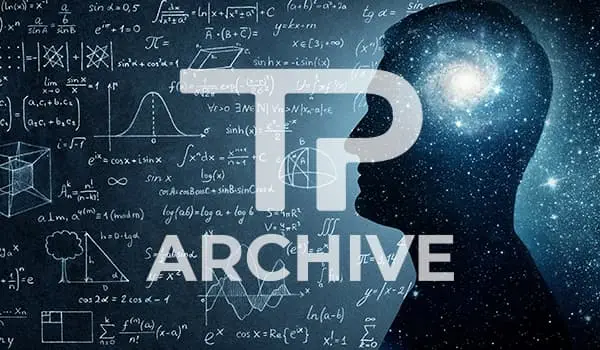
NATIONAL SEMINAR THEORETICAL HIGH ENERGY PHYSICS (March 2018)
- Date:
16 March 2018
- Abstract:
Sascha Caron (Radboud University Nijmegen): Accelerating searches for new physics (and dark matter) with machine learning
In this talk we aim to explore, and to encourage, the utilisation of state-of-the-art machine learning methods for research in particle physics phenomenology. We will present a general introduction into recent developments, discuss various examples, and possible synergies between both fields.Franz Herzog (Nikhef): Pushing the high-precision frontier of LHC calculations
As the Large Hadron Collider is closing in on the Standard Model of particle physics theoretical predictions, required to match the precision of the data, are becoming increasingly more challenging. A highly demanding problem, due to its slow perturbative convergence, is to accurately describe the effects of QCD. I will give an introductory overview of the field and discuss computational and mathematical challenges.Germano Nardini (University of Bern) (Colloquium speaker): Probing the electroweak scale via gravitational wave experiments?
A first-order phase transition produces gravitational waves and such a transition only occurs if there is physics Beyond the Standard Model (BSM). Because of this, gravitational wave observatories are sensitive to new physics. In this talk we review the status of gravitational wave detectors and their capabilities for probing first-order phase transitions. We demonstrate that gravitational wave detectors are able to discover new physics arising at the electroweak scale or even much above. For some BSM scenarios the complementarity between the LHC and the space-based interferometer LISA is manifest.Irene Valenzuela (ITP Utrecht): Quantum gravity constraints on low energy physics
Not every quantum field theory can be consistently coupled to quantum gravity unless it satifies some constraints. Recently substantial effort has been dedicated to understand these constraints in terms of black-hole physics and string theory. These consistency constraints can be seen as an imprint at low energies from UV quantum gravity physics, and can have important phenomenological implications. They might, therefore, be used to constrain Beyond Standard Model proposals and Inflationary Cosmology models. For instance, they might imply that theories with small gauge couplings or parametrically large scalar field variations are inconsistent with quantum gravity. Interestingly, these constraints also seem to violate the principle of separation of scales and might shed some light into the naturalness and hierarchy problems observed in nature.